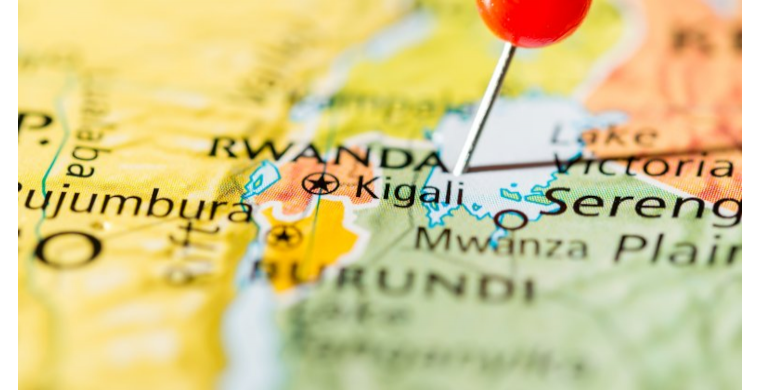Primate Responds to Erroneous Reports about the Anglican Church of Rwanda
Archbishop Laurent Mbanda
November 25, 2024
Greetings from Kigali, Rwanda!
Many of you are hearing or have heard of the issue of churches being closed in Rwanda. It has been in the news. The picture being painted is different from what we see and know in the country. I have been desiring to provide some clarification but was slow. Recently, Rwanda has been in the news due to what many in the international community have heard, perceived as infringement on religious freedom - The "Closure of churches".
As one of the key religious leaders in the country and one among the leaders of Rwanda Interfaith Council (Its purpose to be explained) I just feel the need to bring some insights to this issue.
Maybe one should recount the whole history of religion and faith expansion in Rwanda, but it is important to recount the most recent facts and how we came to where we are at today:
Status of religion in Rwanda
• Today, over 95 percent of Rwandans are religious believers and are free to join any denomination, non-denomination churches or mosques of their choice.
• The right to religion is guaranteed by Article 37 of the Rwandan Constitution of 2003 amended in 2015, and respected in practice.
• Between 1962 and 1994, recognized religious denominations in Rwanda were less than 50.
• In 2017, Rwanda counted over 1,000 legally registered faith-based organizations (FBOs), up from 350 organizations recorded before 2012.
Relationship with the government of Rwanda
• Since the creation of an institution with a mandate to regulate FBOs in 2011 and the establishment of a law regulating faith-based organizations in Rwanda in 2012, our relationship with the government, which is built on mutual respect, has grown, and enjoyment of freedom of worship expanded. As a matter of fact, between 2012 and 2017, three times more FBOs were registered than in thefifty years of Independent Rwanda (1962-2012).
Closure of places of worship
• Many members of religious organizations participated in the inspection exercise, which led to the closure of some places of worship that failed to meet minimum building and hygiene standards.
• The above mentioned inspection found that out of 15,465 places of worship inspected, 8,670 (56%) did not meet safety and hygiene standards, posing a serious threat to the safety of occupants, and becoming a public nuisance.
• The closure concerned places of worship only, not religious organizations. There is no religious group that has been targeted and closed as an FBO in the process.
• More than 15 percent of prayer houses that were closed have already opened after meeting safety and hygiene requirements, and the process continues.
New law on FBOs regulations
• Many Faith Based Organizations were consulted in the process -- they were involved from the drafting to parliamentary debate, to the standing committee deliberations and gave their inputs regarding the new law determining the organization and functioning of faith-based organizations.
• A significant number of Faith Based Organizations do understand the importance of a new provision recommending a reasonable academic level of religious legal representatives and preachers (with some levels under their supervision), given an advanced academic level of most of our followers.
• FBOs have been heard in the process and a good case in point is the transition of a five-year transition in the provision on academic requirements.
• From many religious leaders' perspective, the new law is a step forward, not a step backward in exercising the freedom of worship and the religion.
Rwanda Interfaith Council (RIC) - Our desires for self regulatory.
• RIC was initiated and established by ; The Anglican Church of Rwanda, The Catholic Church of Rwanda, The Council of Protestant Churches of Rwanda, The Rwanda Muslim Community, PEACE Plan -Representing all Charismatic and Pentecostal Churchesand The Seventh Day Adventist Church of Rwanda as an associate member. These six bodies represent all religious organizations in the country.
• The main focuses of RIC among others are to have one voice, ensure self-regulation and keep our collaboration as well as advisory role to the government on the matters relating to religious freedom.
• While we keep advocating for freedom of worship, RIC stands against any teachings deviating from the true holy teachings, posing threat to the life, freedom, rights and safety of people -- including teachings against health insurance, among others.
As I conclude, let me say the fact that no religion freedom was infringed at all. On the contrary the new development bringing a crucial element that was missing order and harmony.
Most Rev. Dr. Laurent Mbanda, Archbishop Primate of the Anglican Province of Rwanda














